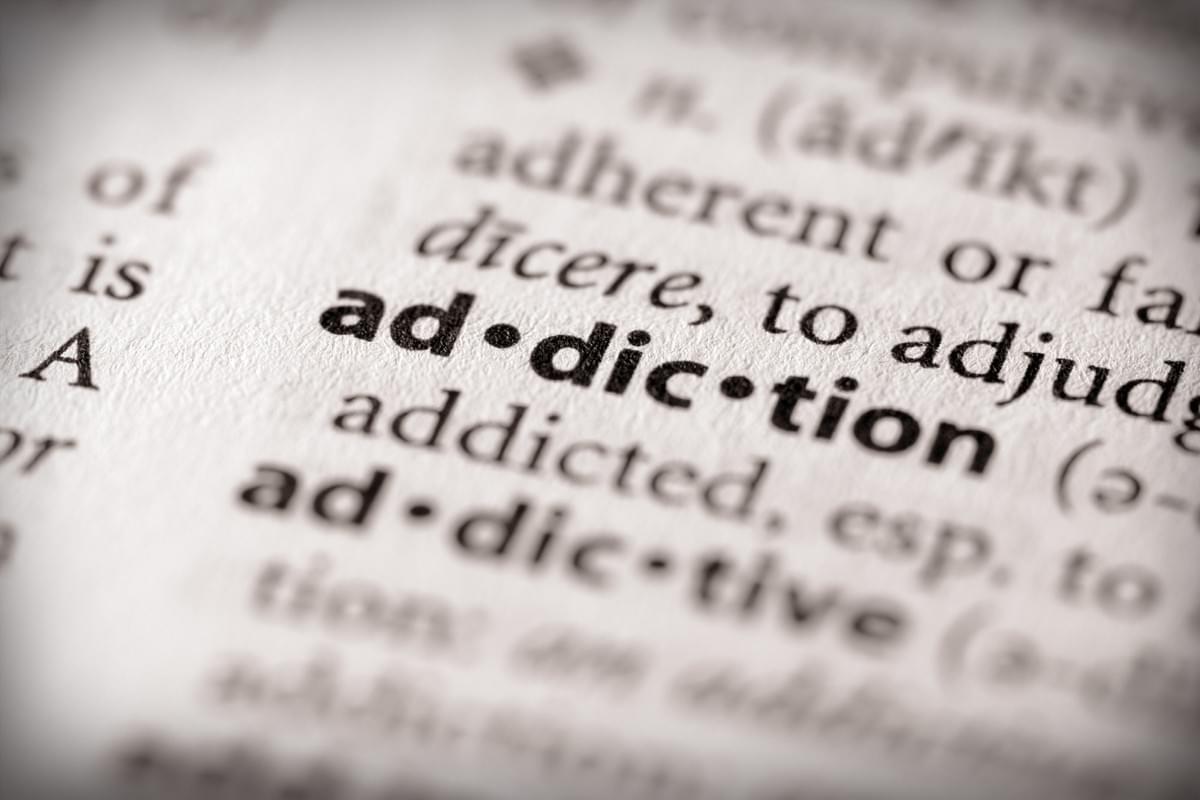
Addiction treatment is the process of therapeutic or medical therapy for addiction to psychoactive substances like alcohol, street drugs like cocaine, heroin or methamphetamines, and prescription drugs like painkillers, psychiatric drugs or tranquilizers. It can also include participation in a more comprehensive treatment called inpatient treatment where the patient attends a residential facility for drug or alcohol abuse treatment. The concept of addiction treatment centers was developed to treat patients who suffer from addiction but cannot remain in-patient due to various circumstances. The majority of addicts who have overcome their addiction and entered into sober living are unable to leave their addiction behind completely. It is then important that they undergo inpatient treatment to ensure that they do not fall back into their old lifestyles once more.
There are several types of addiction treatment available such as heroin rehab depending on the type of addiction and the severity of the problem. In most cases, the programs include detoxification followed by outpatient care where the patient undergoes follow up care and stays at home to observe the day to day activities. Detoxification helps in removing the body's toxic load which may have been built up in the body due to chemical abuse or due to physical trauma sustained in an addiction treatment center. A rapid detox process helps the addict to get rid of the physical and psychological cravings that cause drug seeking behavior.
Medications are given to reduce the craving for drugs. This can be done in conjunction with counseling and behavioral therapy sessions. Many addiction treatment centers also offer inpatient treatment where the patient has to remain in the facility for the duration of the rehab program. Alcoholics Anonymous offers several support systems like Alcoholics Anonymous and Blue Book that can be utilized by addicts to stay clean and sober. An addiction treatment plan should include daily medication regimes, support groups and one-on-one counseling sessions so that the patient remains focused on the goals of the treatment program.
The texas rehab centers also offer medically supervised detoxification programs where the patient is treated for any chemically dependent illnesses such as hepatitis or HIV. Chemically dependent illnesses include alcoholism, narcotics, HIV/AIDS, cocaine addiction and other addiction treatments. Depending on the severity of the illness, medical detox can be administered either under general or intravenous means. During the detoxification process, patients may receive medications and intravenous fluids to replace lost water and electrolytes.
Painkillers, sedatives and anti-anxiety medications are given during detoxification to control severe withdrawal symptoms. There is an increased risk of relapse during the detoxification process due to the absence of support from family and friends and because of the sudden change in lifestyle. Patients should adhere strictly to the detox schedule and avoid taking medications except for emergencies. Regular visits to the treatment center's physicians and nurses will help monitor the patient's progress. Medication monitoring will allow the physician to adjust the dosage as needed.
Many people in recovery find drug addiction treatment and/or a rehab program to be a valuable experience. Many people choose to pursue outpatient services to decrease the potential impact of social stigma of entering a long term facility. However, there are many people who require inpatient services to treat their particular addiction. Inpatient care can be more difficult and often requires specialized support systems. Regardless of the level of treatment you or your loved one are seeking, there are a drug and alcohol treatment center that can meet your needs. For more info, check out this related link: https://en.wikipedia.org/wiki/Drug_rehabilitation.